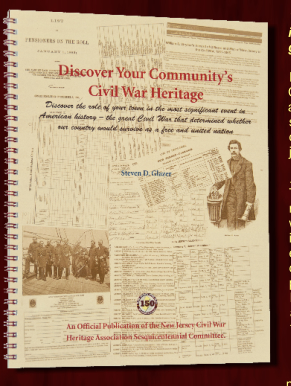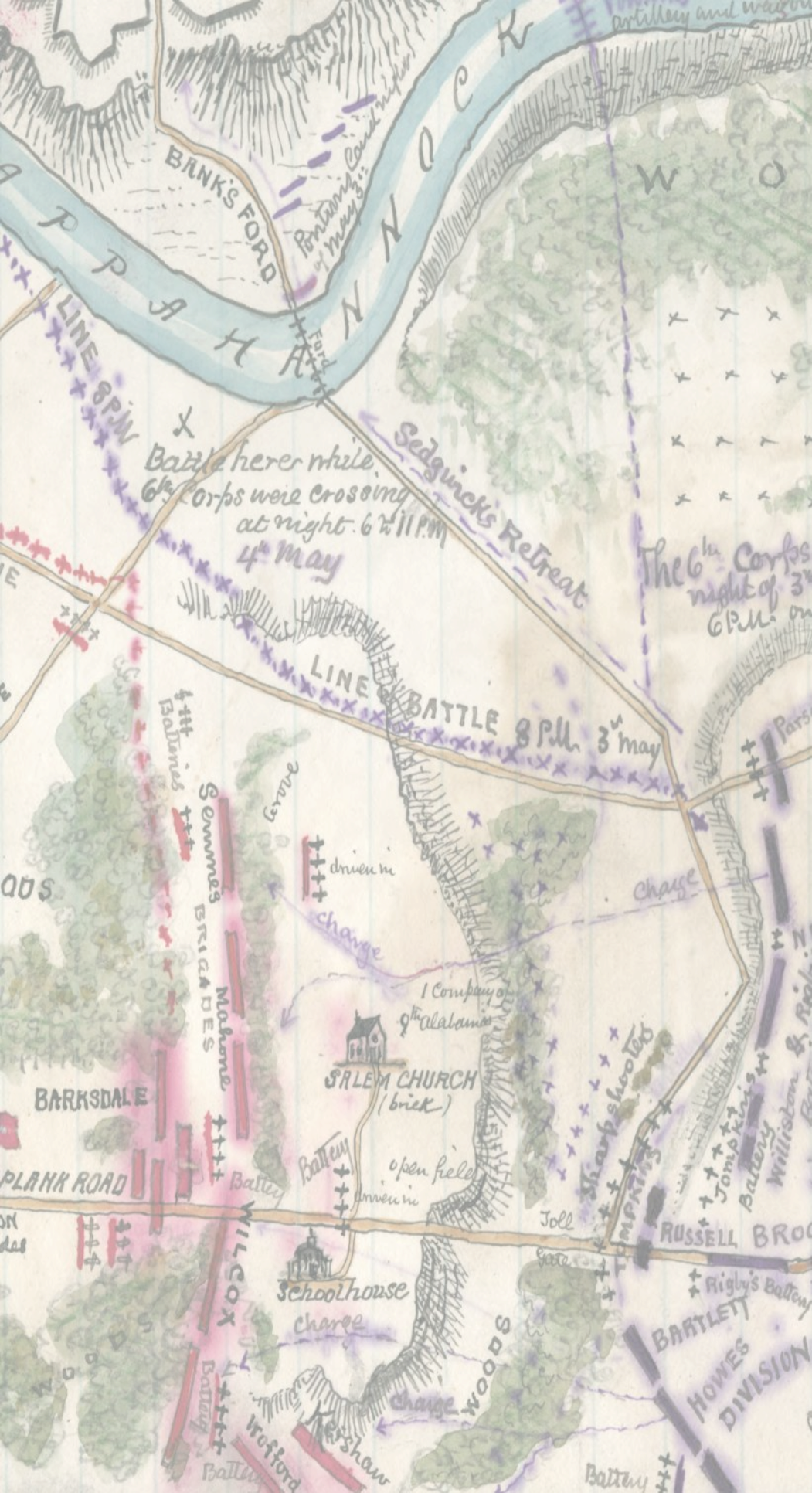



Discover the role of your town in the most significant event in American history –
the great Civil War that determined whether our country would survive as a free and united nation
Click on pages to enlarge
Discover Your Community’s Civil War Heritage


Discover Your Community’s Civil War Heritage Review

- Robert J. Fridlington
Professor Emeritus, Department of History,
Kean University
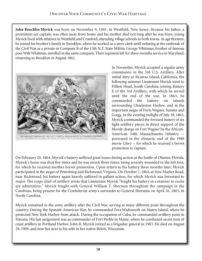
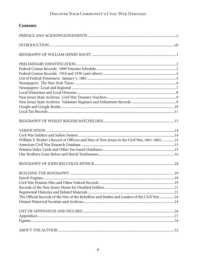
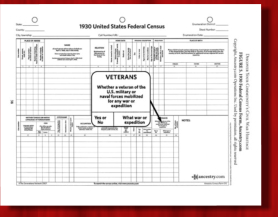
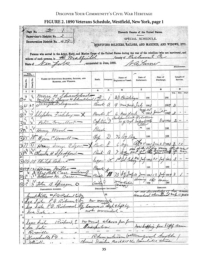
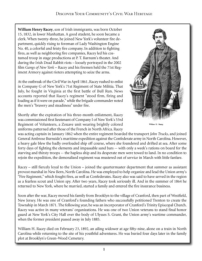
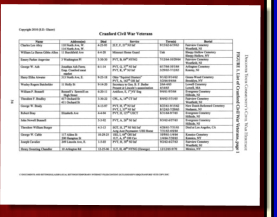
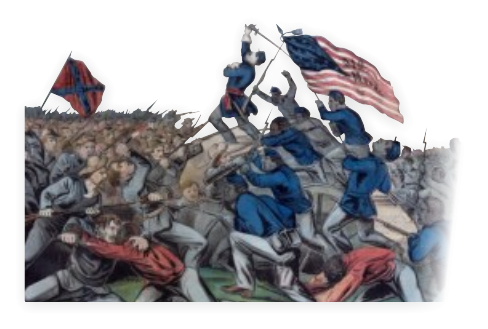
Fort Wagner, SC, Cranford NJ resident John R
Myrick fought here and detailed in “Discover
Your Community’s Civil War Heritage”
"This
book
is
beautifully
written,
scholarly
and
tightly
organized.
It
also
serves
as
a
handbook
for
using
a
computer
to
perform
historical
research.
I
am
mightily
impressed, and I am sure others will be, too."
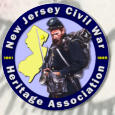


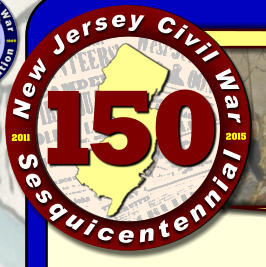




Discover Your Community’s Civil War Heritage
Published by the NJ Civil War 150 Committee of NJCWHA
Civil War 150 Committee
This
book
from
New
Jersey
Civil
War
Sesquicentennial
Committee
provides
important
research
assistance
and
guidance
to
local
historians
and
genealogists.
Discover
Your
Community's
Civil
War
Heritage,
by
Steven
D.
Glazer,
is
the
Committee’s
latest
publication.
The
62-page,
8
1/2-by-11-inch-format
book
serves
as
a
comprehensive
and
up-to-date
manual
for
those
wishing
to
research
the
stories
of
their
own
community’s
Civil
War
veterans.
It
will
appeal
to
a
wide
range
of
readers,
including
local
historians,
educators,
genealogists,
grant
writers
and
journalists.
After
asking
local
historians
how
many
Civil
War
veterans
had
lived
in
Cranford
Township
(established
in
1871),
and
receiving
only
one
or
two
names
in
response,
Glazer
began
to
investigate
the
subject
himself.
He
eventually
came
up
with
over
eighty
Cranford
residents,
many
of
them
local
officials,
who
had
fought
in
the
war
or
otherwise
had
a
material
connection
to
the
momentous
events
of
the
era.
He
discovered
that
Cranford
was
even
home
to
a
former
Confederate
colonel,
who
lived
there
with
his
family
while
he
designed
the
foundation
and
pedestal
for
the
Statue
of
Liberty
in
New
York
Harbor.
Other
Cranford
residents
had
interesting
connections
with
Abraham
Lincoln;
one
helped
foil
the
first
assassination
plot
against
Lincoln,
while
another
was
present
in
Ford’s
Theatre
the night the president was fatally shot.
Uncovering
the
deeds
of
New
Jerseyans
of
the
Civil
War
era
provides
a
way
to
honor
their
memory
as
well
as
establish
local
connections
to
the
transformative
national
events
of
150
years
ago.
Among
many
other
positive
results,
the
process
of
identifying
and
studying
a
town’s
Civil
War
heritage
can
expand
interest
in
local
history,
promote
heritage
tourism,
support
historic preservation efforts and incorporate Civil War connections into Veterans Day and Memorial Day celebrations.
This
unique
guide,
conveniently
produced
in
ring-binder
format
for
easier
use,
details
the
research
approaches
and
numerous
historical
sources
the
author
employed,
with
a
particular
emphasis
on
leveraging
the
power
of
the
Internet.
And
unlike
any
other
available
publications,
this
one
provides
a
clear
road
map
for
discovering
any
New
Jersey
town’s
Civil
War
heritage,
including
the
identity
of
veterans
who
lived
there.
It
is
also
an
indispensable
tool
for
individuals
exploring
their
family’s
Civil
War
connections.
Although specific to the Garden State, the book’s instructions and sources are readily applicable elsewhere.
